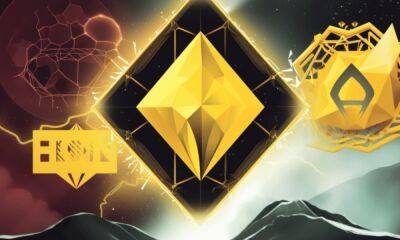Will Google’s rush to join chatbot party with launch of Bard backfire?
Can Google save its golden goose or will it simply kill it trying? That’s the question that lurks behind the launch of the company’s Bard chatbot, hurriedly announced after the overnight success of ChatGPT in early 2023.
With Bard, Google has to walk a tightrope: offer users an experience that can compete with the AI-powered Bing Chat and ChatGPT without cannibalising its enormously profitable search business in the process.
And it has to do all that under the sort of scrutiny an upstart competitor may be able to avoid, but a market leader has to tackle head-on. It’s an interesting quirk when ChatGPT “hallucinates” false information, but it’s a very different feeling when AI backed by the third-largest company in the world does the same.
At the bottom of every Bard conversation is a disclaimer: “Bard may display inaccurate or offensive information that doesn’t represent Google’s views.”
For a company that once proudly described its vision as “organising the world’s information and making it universally accessible and useful”, it’s a bizarre reduction in ambition, like Tesco launching a new product range that may give you food poisoning or Ford warning that its latest car may fail to stop when brakes are applied.
That juxtaposition is why it’s taken Google so long to bring Bard to market in the first place. The company has long led the way on AI research, with ChatGPT fundamentally built on research that came out of Google’s labs (the “T” in GPT stands for “transformer”, a technology Google invented). But its inability to create versions of a “large language model” that would not “hallucinate” facts or fall prey to “alignment” issues led to a fear of the backlash if it released the systems publicly – until ChatGPT forced its
Read more on theguardian.com






















